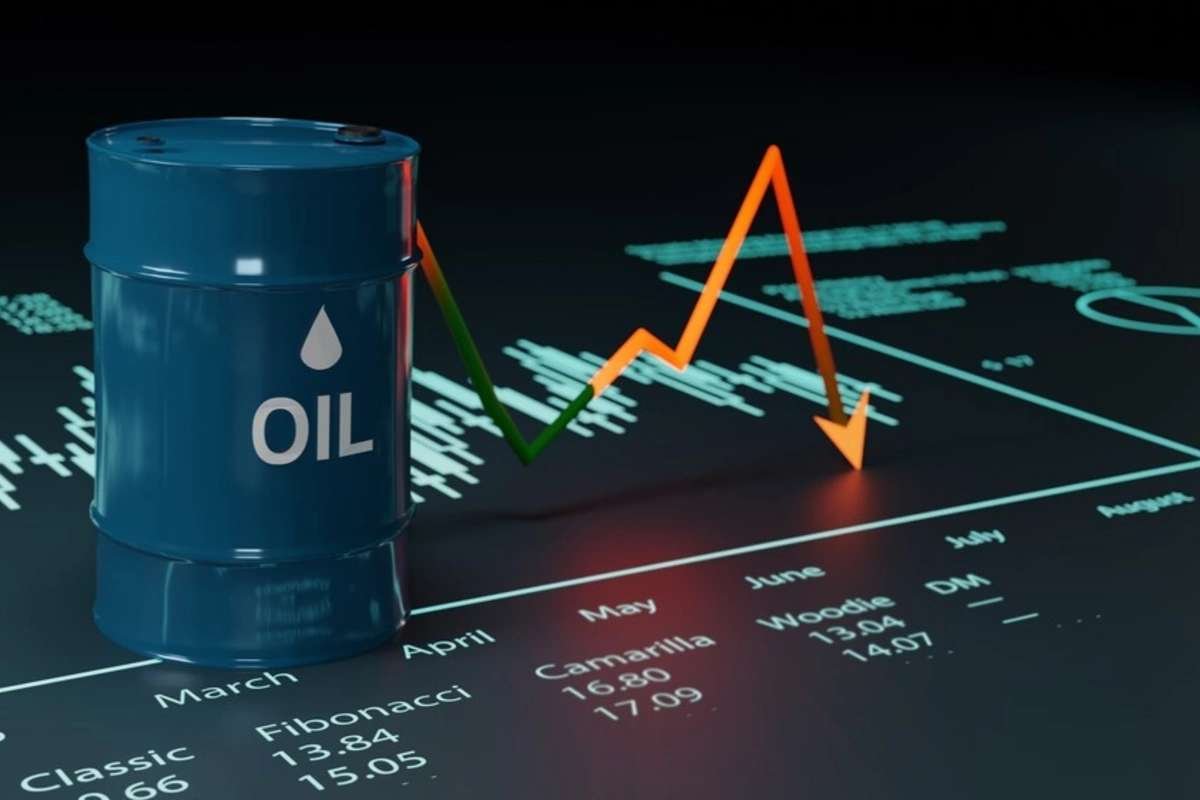Wall Street opened the week on a downward trend after ending its strongest month since 2023, as geopolitical tensions and commodity market fluctuations rattled investor confidence. Futures for major U.S. indices fell early Monday, with the S&P 500 down 0.4%, the Dow Jones Industrial Average dipping 0.3%, and the Nasdaq dropping 0.6%. A key driver of the pullback was the escalating conflict between Russia and Ukraine, which flared over the weekend and stoked global uncertainty.
Compounding concerns was a surprise decision by OPEC+ to implement only a modest increase in oil production. This move triggered a sharp rally in oil prices, with U.S. benchmark crude jumping over 4% to $63.33 per barrel, while Brent crude rose to $65.12. Energy stocks responded positively: Devon Energy surged 2.5%, and giants like Chevron, ExxonMobil, and ConocoPhillips gained between 1% and 1.5%.
Steel Stocks Soar as Trump Doubles Import Tariffs
Another major development shaking the markets came from the U.S. steel industry, following remarks by former President Donald Trump in Pennsylvania. Trump announced a plan to double tariffs on steel and aluminum imports to 50%, citing the need to shield domestic manufacturers. He confirmed the tariff hikes would take effect Wednesday via a post on his Truth Social platform.
The announcement sent steel stocks soaring. Nucor and Steel Dynamics each climbed about 10%, while Cleveland-Cliffs saw an extraordinary 25% spike. U.S. Steel, which has seen substantial gains throughout the year, continued to benefit from expectations around its impending partnership with Japan’s Nippon Steel. Trump endorsed the investment while speaking at U.S. Steel’s Mon Valley Works–Irvin Plant, reinforcing speculation about increased foreign backing for American steel production.
Meanwhile, Wall Street’s health sector investors remained cautious as UnitedHealth Group prepared for its annual meeting. The insurer, already facing a steep 40% decline in share value this year, has suspended its financial guidance due to higher-than-expected medical costs. Its CEO recently stepped down, citing personal reasons, further adding to investor unease.
Global Markets React to Trade Disputes and Economic Data
International markets mirrored the uncertainty seen in the U.S. Asian markets were mixed, with Hong Kong’s Hang Seng Index initially plunging over 2% before recovering to close 0.6% lower at 23,157.97. The drop followed renewed U.S.-China tensions, as both countries accused each other of violating their recent trade agreement signed in Geneva. Beijing condemned Washington’s latest curbs on AI chip exports and restrictions on student visas, adding strain to already fragile relations.
Tech stocks, particularly U.S. chipmakers, reacted negatively. A weekend report that China’s factory activity contracted in May, though less sharply than in April, only added to the cautious outlook. Elsewhere in Asia, Japan’s Nikkei 225 fell 1.3%, while South Korea’s Kospi edged up 0.1%. The Australian and Indian markets also closed lower.
European indices were mixed by midday. Germany’s DAX declined 0.3%, and France’s CAC 40 fell 0.5%, while the UK’s FTSE 100 managed a modest 0.1% gain. In currency markets, the U.S. dollar weakened against the yen, falling to 142.72, and the euro edged up to $1.1418.
With so many moving parts, from geopolitical conflicts and commodity price swings to trade disputes and corporate leadership changes, Wall Street and global markets remain fragile as investors navigate a volatile start to the trading week.








